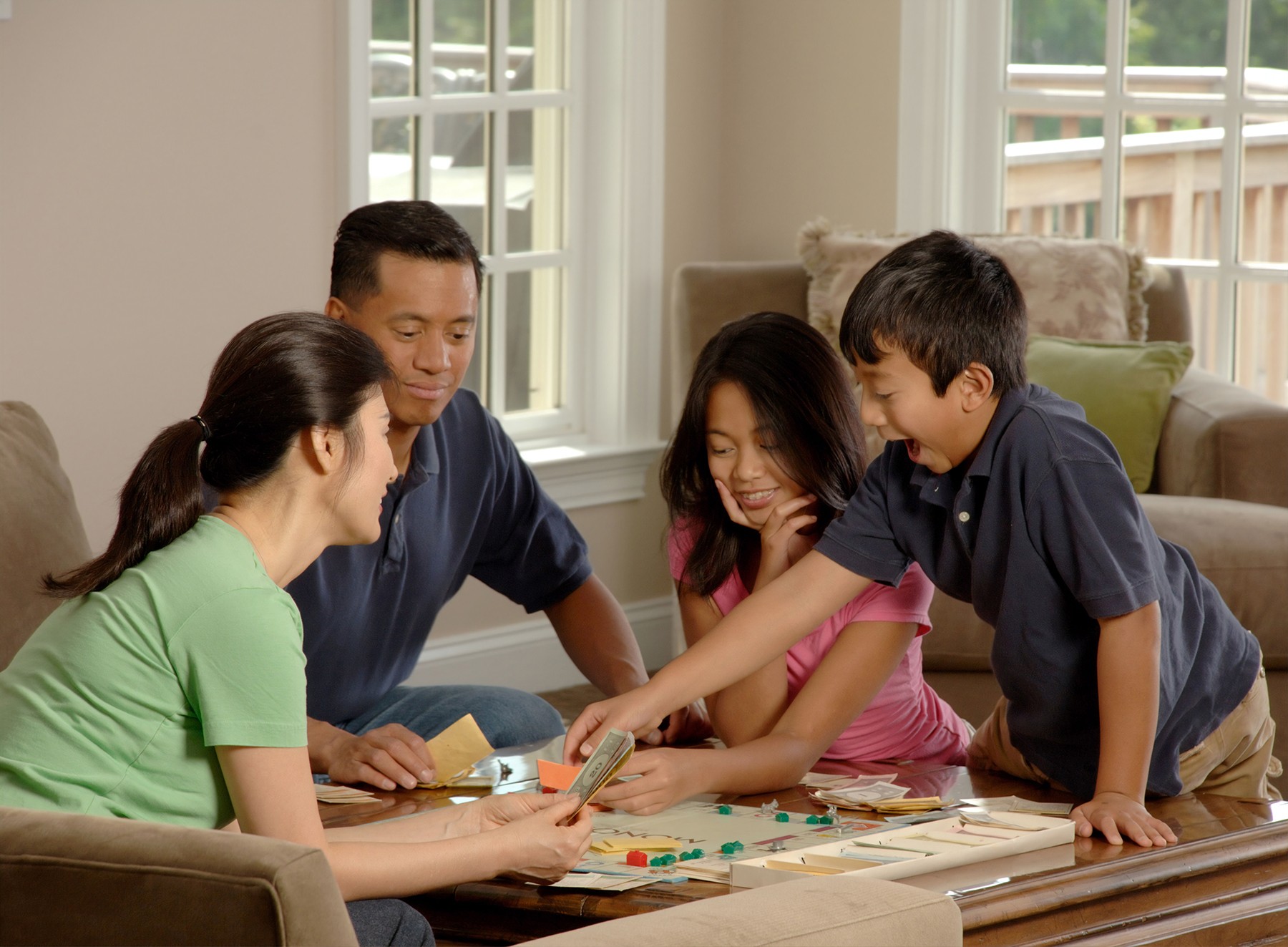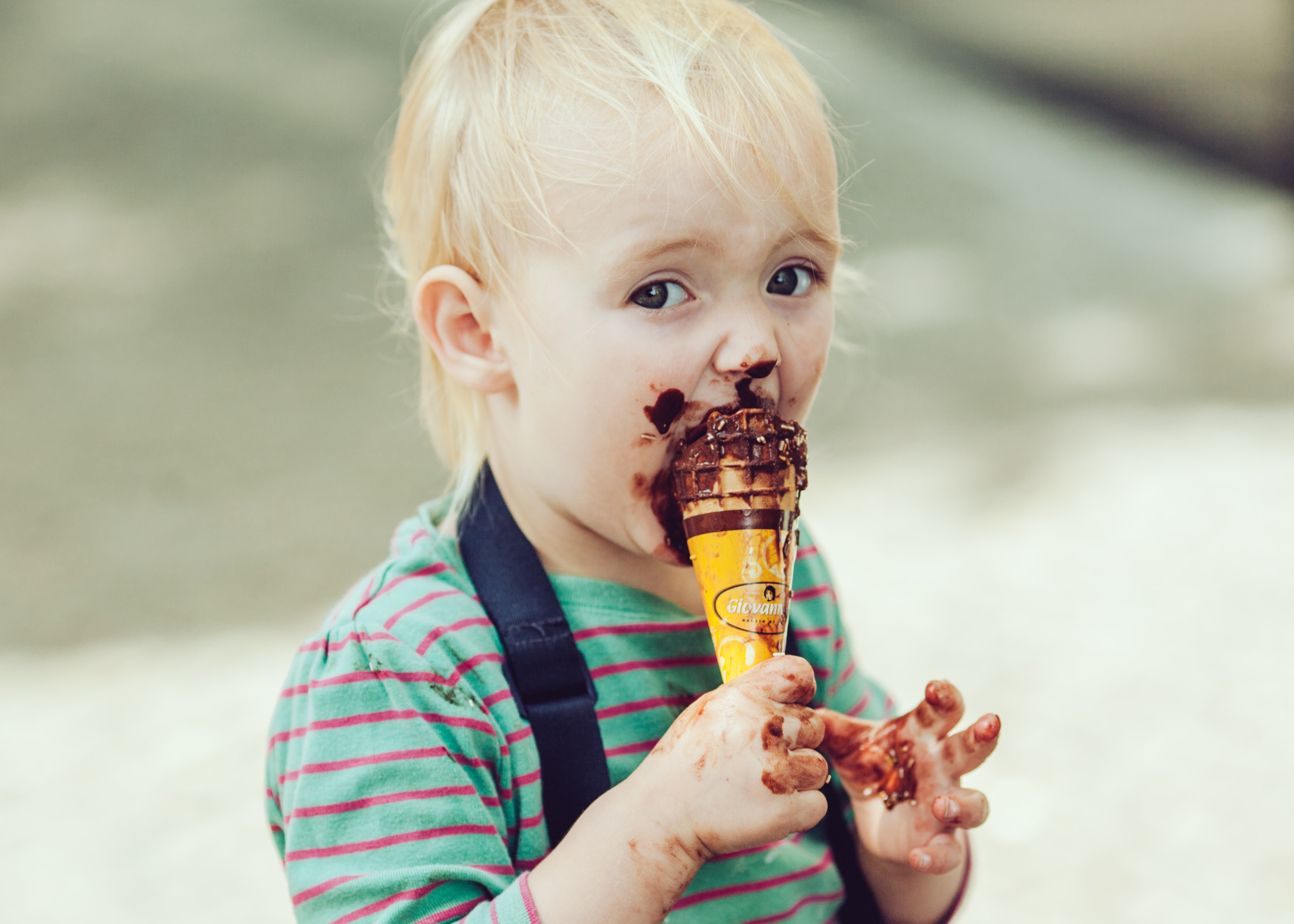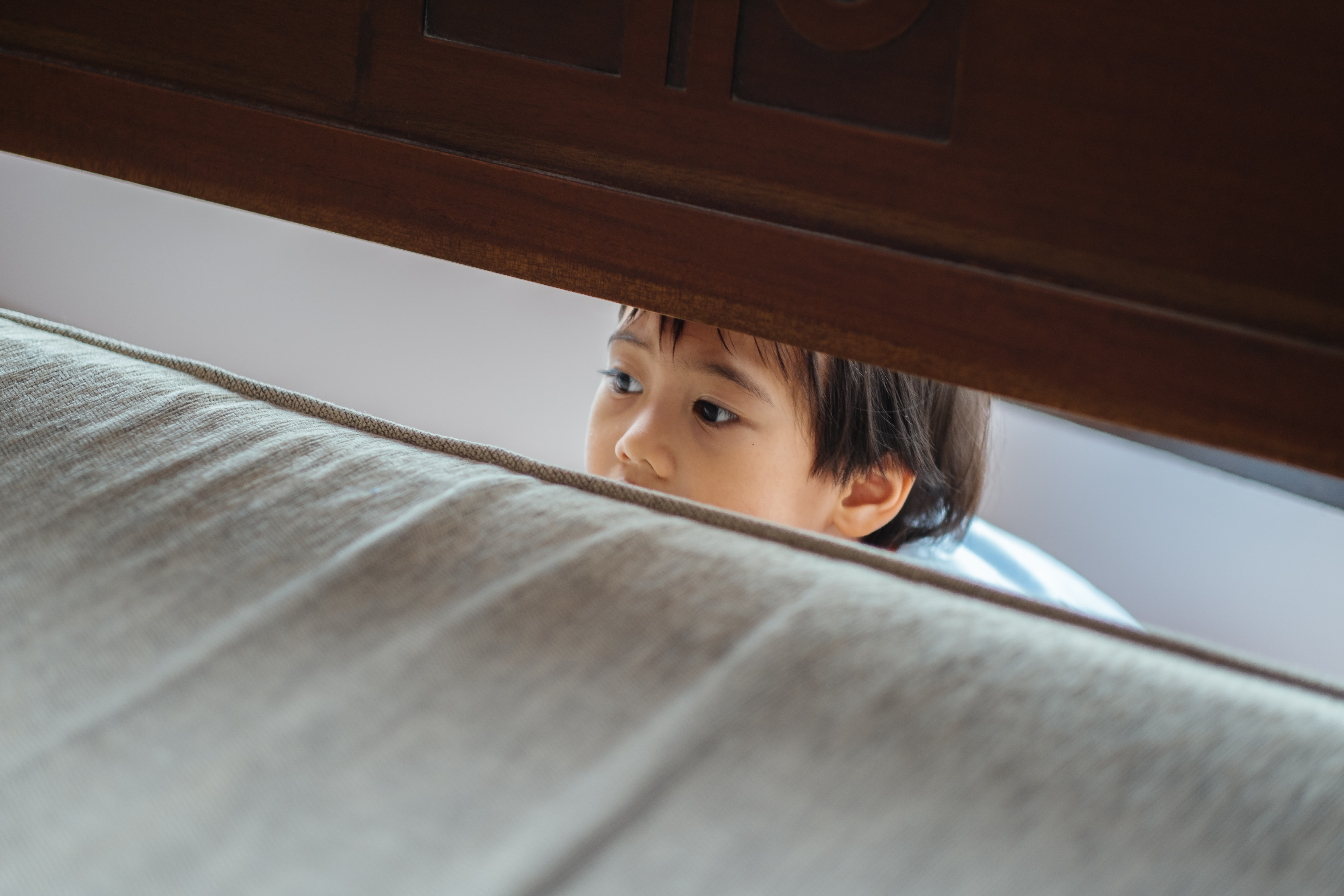
by p2_developer | Oct 6, 2022 | Children, Emotions, Play
One of the most common challenges we see when working with kids, is difficulty with losing. Many rounds of Pop Up Pirate have ended in tears and scattered game pieces. For children, losing can feel very unexpected and extremely frustrating. Learning how to win...

by p2_developer | May 18, 2022 | Children, Emotions
As Occupational Therapists we often receive referrals for children who have behaviour or emotional regulation challenges. These children are often described as unpredictable, explosive, naughty, avoidant or destructive. In the past a lot of attention has been given to...

by p2_developer | Mar 24, 2022 | Anxiety, Children, Emotions, Sensory
We have 8 senses – sight, smell, taste, hearing, touch, vestibular, proprioception and interoception. There are 3 key types of sensory processing difficulties that can affect the way we process information through any of our 8 senses. These include: · Sensory...

by p2_developer | Feb 10, 2022 | Children, Emotions
There are three distinct parts of the brain that are responsible for arousal. These being the reticular activating system, thalamus, and the amygdala. The reticular activating system acts as a gate keeper for sensation. At this level, the sensation is categorised as...

by p2_developer | Dec 15, 2021 | Anxiety, Children, Emotions
Anxiety disorders are the second most common childhood mental illness in all children and the most common among girls (AIHW, 2020). Anxiety includes 3 aspects: physiological (rapid heartbeat, stomach aches, sweating) cognitive (thoughts) ...

by p2_developer | Nov 25, 2021 | Children, Emotions, Neuroception
Neuroception, as described by Dr Stephen Porges “is a neurobiological process, programmed into our DNA, which helps us evaluate our environment and distinguish whether the situations or people around us are safe, dangerous or life threatening. Neuroception is...







